While human studies are scarce, laboratory research indicates mullein tea might ease some respiratory ailments, including asthma, and could possess antiviral and antibacterial qualities.
Mullein tea is a fragrant infusion traditionally used for generations to address ailments like persistent coughs, colds, and asthma.
The tea has a warm, aromatic flavor and is prepared from the leaves of the common mullein (Verbascum thapsus), a flowering species native to Europe, Africa, and Asia.
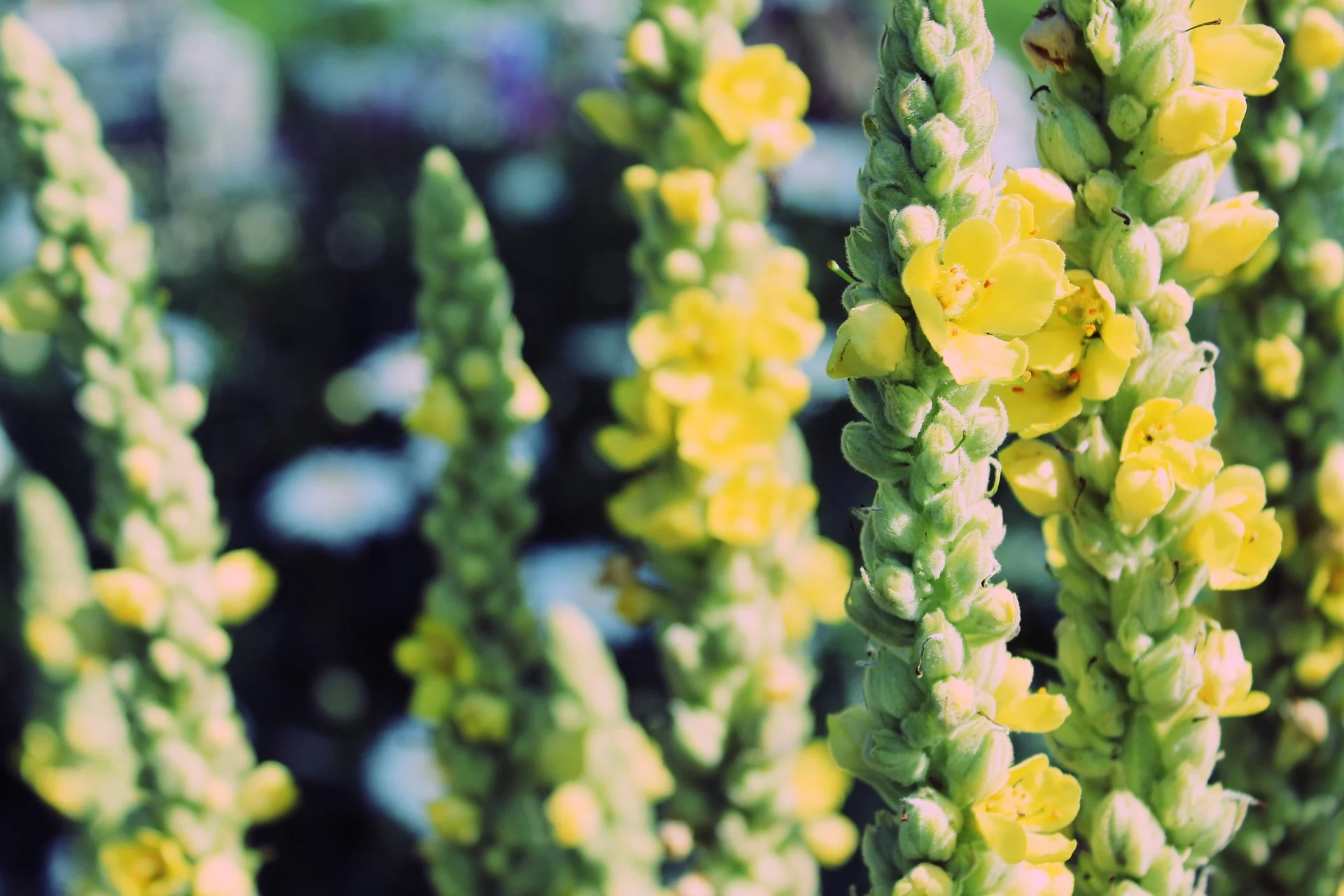
This article reviews mullein tea’s traditional uses, possible advantages, known side effects, and provides simple instructions for making it.
Possible uses and benefits of mullein tea
Mullein leaf tea may offer health advantages, although more robust research is necessary. Much of the evidence comes from test-tube (in vitro) experiments conducted in labs that examine specific plant components in glassware. The effects observed in these simplified settings may not translate directly to humans because the human body is far more complex.
Mullein is not authorized by the Food and Drug Administration (FDA) to treat any medical condition.
May support respiratory health
Mullein leaf preparations appear to have anti-inflammatory properties, which could explain their historical use for inflammatory conditions of the airways. People have traditionally used mullein as infusions, macerations, or syrups, often combined with other botanicals and culinary ingredients such as honey.
Some propose mullein might help with asthma, a condition marked by airway swelling and symptoms like:
- coughing
- wheezing
- shortness of breath or breathing difficulty
A 2012 study using worms suggests mullein has antispasmodic activity, potentially relaxing muscles that undergo spasms, including those in the respiratory passages. However, there is no human research confirming this as an effective treatment for mild asthma.
If you have asthma, follow a physician-prescribed treatment plan, since asthma can rapidly become life-threatening and may require emergency care.
May help against viral infections
Several in vitro studies indicate mullein may possess antiviral properties. Yet, no clinical trials have demonstrated it can treat viral infections in people.
An earlier 2007 laboratory study reported mullein extract showed notable activity against the influenza virus.
Another older test-tube investigation suggests mullein extract may act against pseudorabies, a virus related to the herpes family.
Regardless, consuming warm beverages can soothe symptoms of viral illnesses and help maintain hydration, which often makes you feel better while ill.
Appears to have antibacterial activity
Mullein tea might also exhibit antibacterial effects.
One study found mullein extract inhibited several bacterial strains, including Bacillus cereus, a bacterium commonly found in soil and food.
A 2015 in vitro study noted mullein extract reduced growth of bacteria associated with infection, such as E. coli and Streptococcus pyogenes. However, more recent 2025 findings did not confirm activity against E. coli or Staphylococcus aureus.
More work is needed to clarify mullein’s antibacterial potential and its effectiveness in humans.
May offer other health-related effects
Mullein leaves and blossoms contain multiple phytochemicals, including flavonoids, which may contribute to potential health effects such as:
- antioxidant activity, which helps combat oxidative stress that can damage cells
- anti-inflammatory effects
- antifungal activity
- anticancer potential
Research from 2022 examined mullein extracts in mice with Alzheimer’s-like disease and suggested the herb may have neuroprotective properties.
Still, further studies are required to better understand these possible benefits.
Possible side effects of mullein tea
Most people can drink mullein tea without significant adverse effects.
The mullein plant has fine hairs that can irritate the skin for some individuals, so handle the herb with care.
Those tiny hairs may also irritate the throat, so strain the infusion thoroughly before sipping.
There is no clear data on mullein tea’s safety during pregnancy, breastfeeding, or in people with chronic conditions, so consult your healthcare provider before use. Some herbs and supplements can harm pregnancy or interact with medications and other supplements.
If you experience adverse reactions after drinking mullein tea, consider cutting back or stopping its use.
How to prepare mullein tea
Prepackaged mullein tea bags, extracts, capsules, tinctures, and dried leaves are commonly available at health food shops and online.
Some gardeners cultivate mullein at home and dry the leaves themselves.
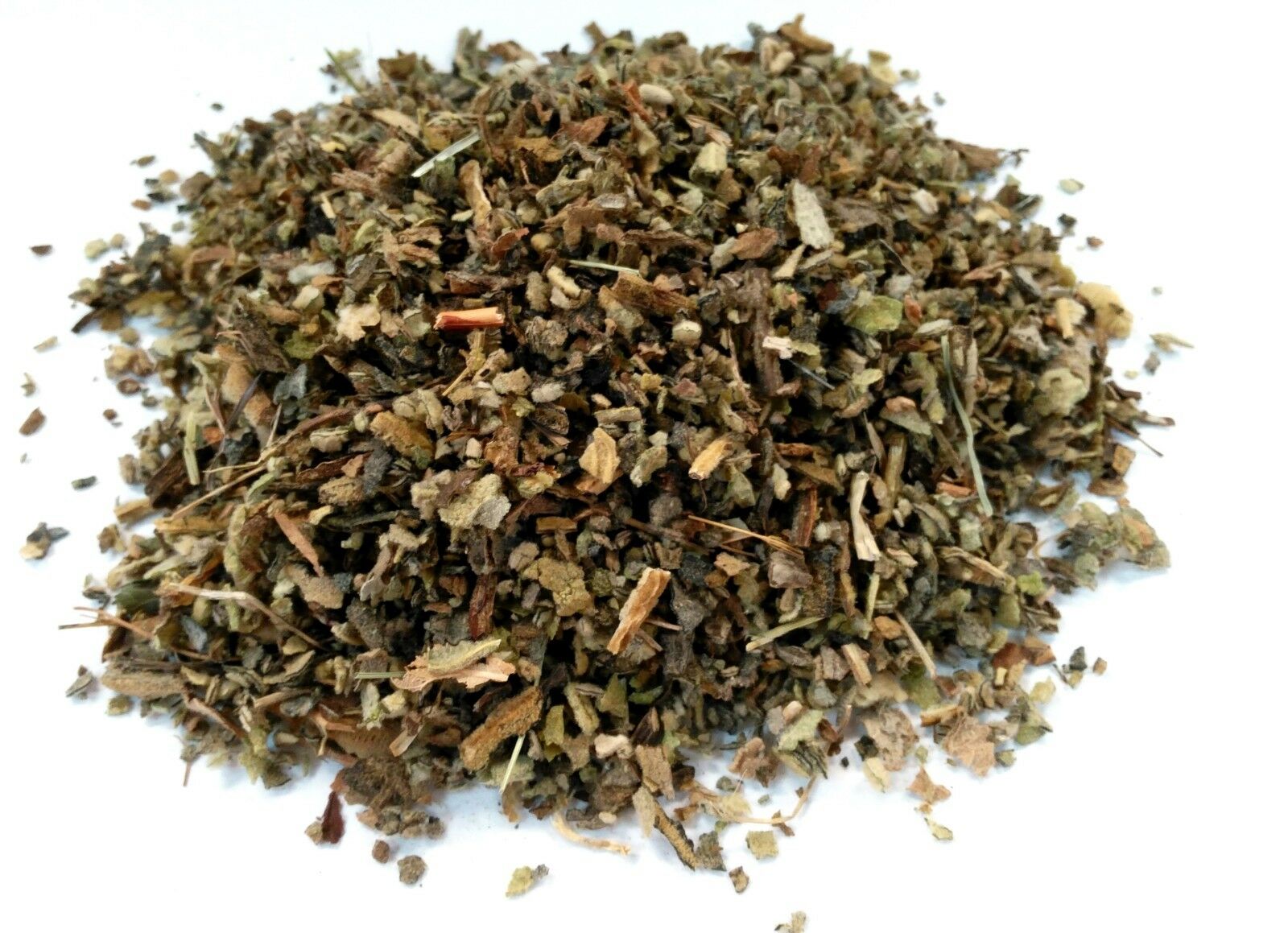
To brew from dried leaves, add a small handful—about 1 to 2 tablespoons—to an 8-ounce (240-ml) cup of boiling water and steep for 15 to 30 minutes. Strain carefully through a fine strainer or cheesecloth to remove the tiny hairs and leaf particles to avoid throat irritation.
You may sweeten the tea with honey or enhance the flavor with cinnamon or a lemon wedge.
Summary
Mullein tea comes from the leaves of the mullein plant.
Although human evidence is limited, laboratory studies suggest the herb contains compounds that may help against some viral or bacterial agents and provide antioxidant benefits.
This pleasant-tasting tea is simple to prepare at home and is associated with relatively few side effects when used carefully.

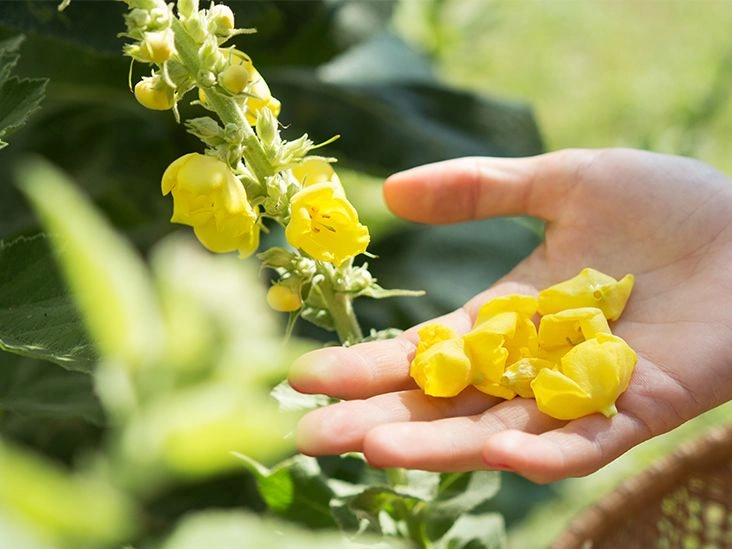


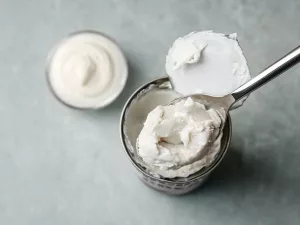

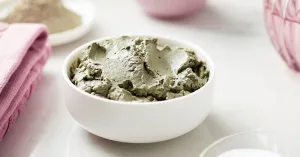



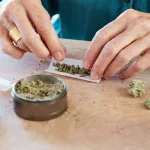














Leave a Reply
You must be logged in to post a comment.